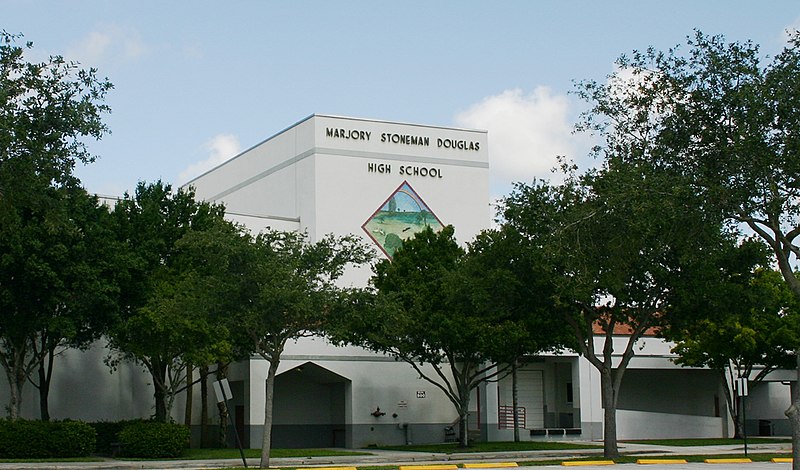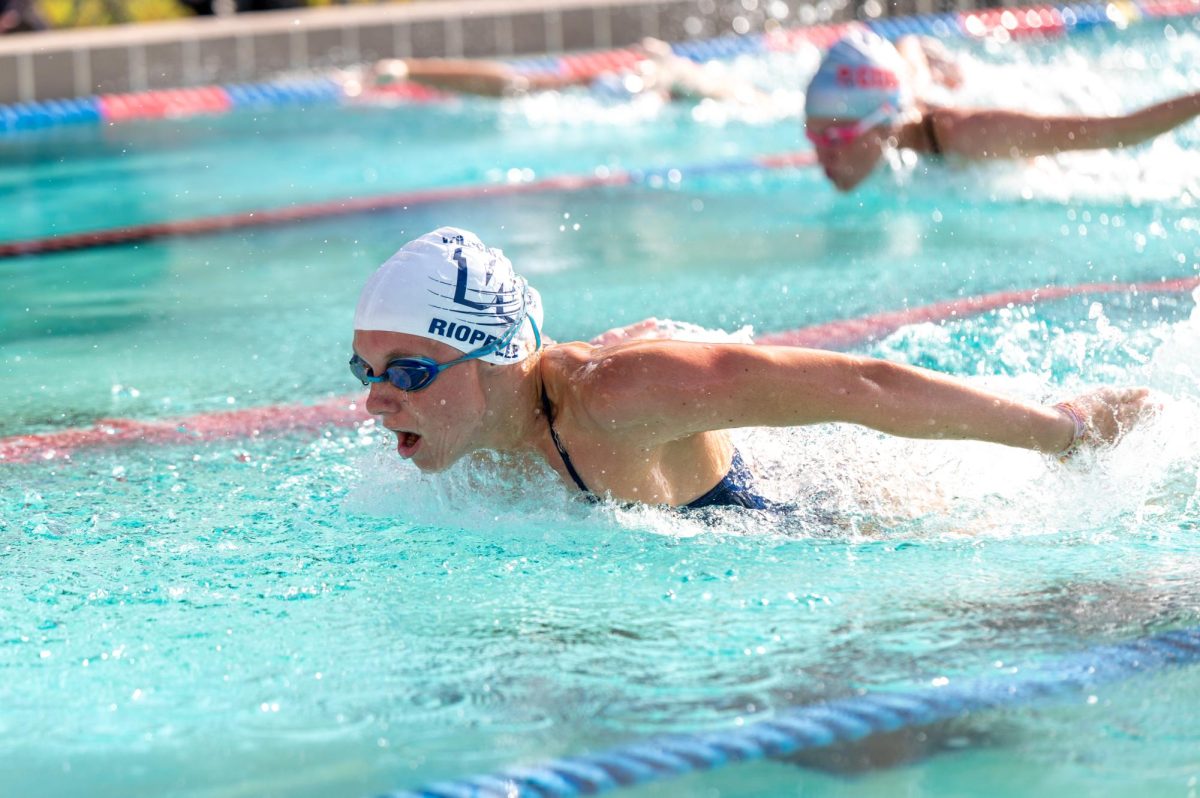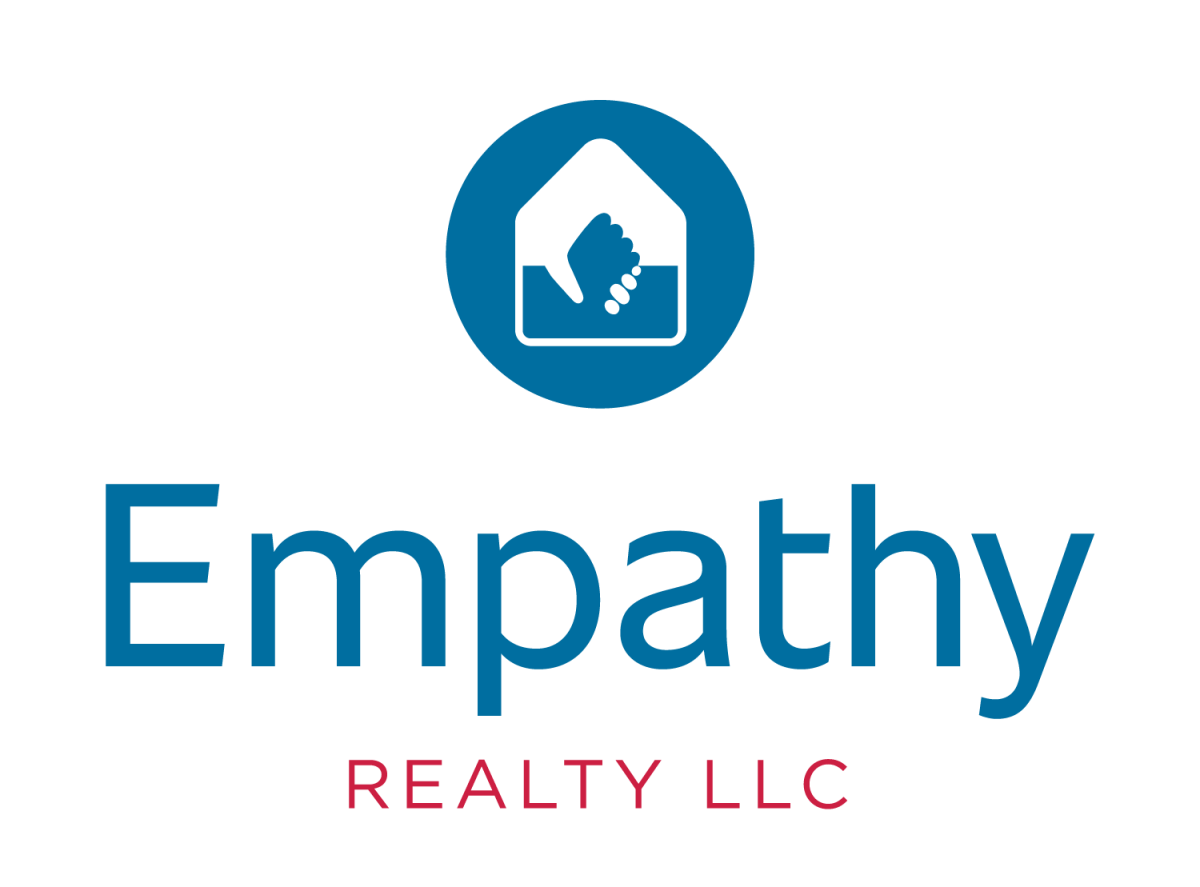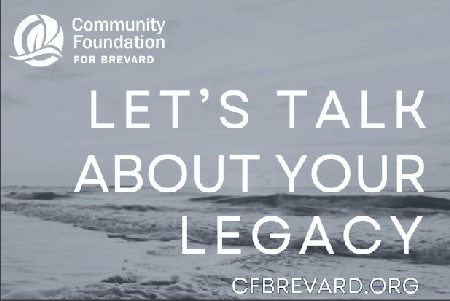School community reflects on Parkland shooting
Fourteen students and three faculty members were killed in the Feb. 14 shooting.
March 20, 2018
10 a.m. A time typically thought of as during second or third period. However, on March 14., it will be time for change. Across the country, students will be walking out of class in remembrance of the Feb. 14 shooting at Marjory Stoneman Douglas High School, and to demand action.
Junior Anna Wilder is helping organize the walkout.
“Everyone was feeling for what had happened, but I kept thinking ‘I wish there was something we could do at West Shore,’” Wilder said. “I know that a lot of people think this is politically skewed, but this isn’t about one choice. This is about making change no matter what, and I think everyone can agree that needs to happen.”
Brevard Public Schools superintendent Desmond Blackburn said he supports the political engagement by students, and hopes that protests are done in collaboration with school administrators.
“I think that the best opportunity we have for long-standing, significant change is the voice of the students,” Blackburn said. “I’m encouraged that so many youngsters are engaged in this topic and are willing to advocate for their peers and for themselves. I love the student leadership and the social and political engagement by our students.”
Administration cannot endorse the walkout because it must remain politically neutral, however teachers are assisting in planning.
“Whatever [students] are planning I fully support and will assist them with whatever they want to do,” social studies teacher Robert Sarver said. “I’m a real non-emotional person, but all of the students that have died makes me want to cry. I hope this event will give at least one person the idea of trying to make a difference in society. There are certainly people here that have the ability to, so I hope it energizes people to try to make a difference.”
“The best opportunity we have for long-standing, significant change is the voice of the students.”
The shooting influenced freshman Elizabeth Beattie on a personal level. Her family friend Ben Wikander was shot three times in the back, and is currently in recovery.
“I was kind of in denial,” Beattie said. “I feel like it was so awful, and once I realized this was the reality it was just awful to think about. He went into surgery that night and the next day after being shot. But now he’s stable and in recovery.”
History teacher Kirk Murphy gave his students an extra-credit opportunity to write handwritten letters to students at Stoneman Douglas, as requested by MSD AP World teacher Diane Wolk-Rogers. Murphy said he received 40 letters from his 60 students.
“I like the idea that teenagers are talking, that they are becoming more active,” Murphy said. If you go back to the 60s what led to civil rights was young people taking a stand and making a change. It has to start at some level. I’m not saying the same level as civil rights but things could change because of [student protests]. That’s a nice thought.”
Latin teacher Tim O’Flaherty expressed concern regarding the recent rallies and protests for gun reform.
“The problem with these positions is that they’re emotionally laden,” O’Flaherty said. “The endorphins and dopamine that come from that position are so strong that people are irrational about it. You in fact are in an environment that can’t talk rationally about public policy. And it’s making people stupid.”
Administration and school resource officer Valerie Butler have been meeting to improve the safety and security of the campus. Already, the gate by the cafeteria is being locked at all times, and students must buzz in or call the front office to have it unlocked.
“My main job here is to keep you guys safe,” Butler said. “From a police standpoint and a safety standpoint, I would be very devastated and feel like I failed you guys if something like [Parkland] were to happen here.”
O’Flaherty agreed that increased security and attention to students would benefit the safety of the school.
“In order to mitigate against a person doing something you need to have armed security on your campus,” O’Flaherty said. “You also need to have what they call in the military a sanitized environment, a condition where the entrance and exit are only allowed to people with access. And underneath that, using guides and counsel, you have to pay attention to the signs of being mentally ill or deeply troubled.”
Butler and guidance counselor Kimberly Strauch designed and printed a banner for students to sign during Power Hour to encourage those at Stoneman Douglas.
“I thought to myself that if something like that were to happen here at West Shore what would we want?” Butler said. “Obviously showing support is one of the things that you can do. Everybody signing and being able to write whatever they want to write and express themselves was the easiest thing I could think of. When it comes to protecting our schools and our kids, we need to be swift and decisive.”
During a press conference on Feb. 23, Gov. Rick Scott unveiled a $500 million plan to address safety in schools, which includes expanding mental health initiatives and requiring faculty and students to participate in active shooter drills each semester.
“Florida will never be the same,” Scott said. “Let me be clear – there is nothing more important than the safety of our children. When it comes to protecting our schools and our kids, we need to be swift and decisive. Change is coming… and it will come fast. There is nothing more important than to do all we can to make sure a horrific and evil act like the Parkland shooting never happens again.”




















































